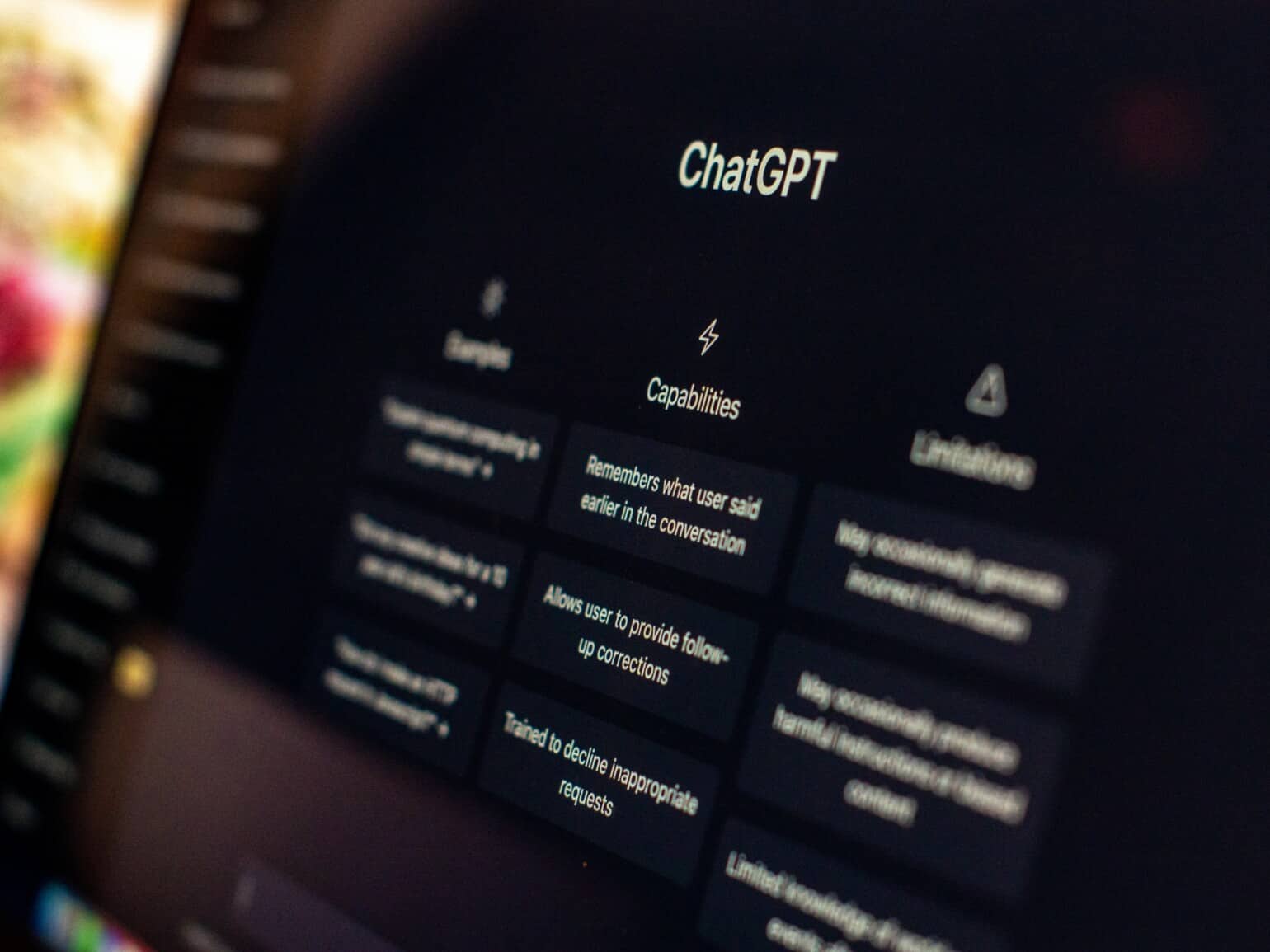
Whether it is customer communication, research or the creation of reports: the AI tool ChatGPT can relieve trustees in their daily work. However, the quality of ChatGPT’s results depends heavily on the information provided. In this blog post you will find tips for better results from ChatGPT.
The artificial intelligence (AI)-based chatbot ChatGPT can relieve trustees of tasks with high automation potential. For example, you can ask the AI tool to write an information letter to your clients and – depending on how satisfied you are with the result – you only have to adapt it slightly, rewrite it in places, focus it more on your target group and finish it. During the research, ChatGPT can gather facts and information for you, which you can use and develop further for your analyses or consultations after a careful review. In the compliance area, in addition to basic research, you can also use ChatGPT, for example, to generate reminders of important deadlines and dates.
Reading tips: In Part 1 of the series on ChatGPT in the fiduciary sector, you will learn more about the areas of application of ChatGPT in the fiduciary sector and in Part 2 you will get an overview of which tasks fiduciaries can outsource to ChatGPT.
The quality of ChatGPT’s results depends heavily on your questions. With well-formulated input, you ensure that the results generated by ChatGPT are best aligned with the question or problem you pose. We asked ChatGPT itself what you need to look for when entering queries to get the most usable results. Below we have summarised his answer.
Ask clear and precise questions: Formulate your questions as clearly and precisely as possible. The more precise your input, the better ChatGPT can provide you with a relevant result.
Avoid ambiguity: If your question is ambiguous, it can be difficult to provide a precise answer. Therefore, try to formulate your query in such a way that it is unambiguous.
Provide context: Provide as much information as possible that is relevant to your question. Context helps the AI produce more accurate and helpful results.
Be patient: Sometimes AI tools like ChatGPT need a little time to generate the best results. Be patient and wait for the full response.
Follow up: If you receive an answer that is not complete or accurate, don’t hesitate to ask or request more information.
Reduce complexity: The more complex your question is, the more difficult it will be to get a precise answer. Complex questions may require more precise wording or more context.
Check sources: You should always check and verify the information provided by ChatGPT against reliable sources. For example, you can use the AI tool for basic research and then check the results manually.
Remain respectful: Do not ask inappropriate, offensive or discriminatory questions. In response to a racist question, ChatGPT replied: “It is unacceptable and inappropriate to use racist terms or statements. I will not support or respond to such requests. My purpose is to provide useful and respectful information. If you have serious and respectful questions or need help on other topics, I’m happy to help.”
Experiment: When typing, try out different wordings of your questions to see which works best to get the information you want.
Provide feedback: Provide feedback on the answers that ChatGPT provides. This helps the chatbot to improve and provide more accurate information.
Below is a checklist that trustees can use to review their queries to ChatGPT.
Checklist: These ten requirements should be met by your submissions to ChatGPT
- Clarity: Have you written your questions in clear and understandable language?
- Unambiguity: Is your request unambiguous? If you think the wording could be vague or ambiguous, you should rephrase your submission.
- Precision: How precise is your request? The more precise your input is, the more suitable the result of ChatGPT can be.
- No double questions: Does your request contain a single question or order? Be careful not to include duplicate questions such as “What do Generation Y and Generation Z SME clients expect from a fiduciary company and how can I meet those requirements?” Break down complex enquiries into several clearly formulated questions. In our example, a better question would be “What do Generation Y SME clients expect from their trust company in 2023?” and as a follow-up question “How can my trust company meet the requirement of technology competence?
- Context: Do you provide background information if this is important to the enquiry? Context helps the AI to provide more accurate and relevant answers.
- Open-ended questions: Do you ask open-ended questions that require more than just yes or no answers? This encourages more comprehensive and informative answers.
- Rephrase: Can you explain and rephrase your question? Do not hesitate to rephrase your question if you do not receive a satisfactory answer. Experiment with more than one formulation.
- Feedback: Do you ask for and give feedback if the outcome does not meet your expectations? This can help to improve the quality of your results.
- Verification: Can you check and verify ChatGPT’s results with other sources – such as experts? ChatGPT writes: “Trusts should use my information and suggestions as a starting point and have them verified by qualified professionals to ensure they meet specific requirements and laws.”
- Accepting limitations: Are you aware of the limitations of ChatGPT? In the fiduciary sector, the use of ChatGPT and other AI tools in advisory services is currently not (yet) possible without considerable effort in terms of control and follow-up. Accept when ChatGPT reaches its limits.
Extra tip: For the automation of processes and process optimisation, accounting or fiduciary software solutions are already opening up new possibilities for fiduciary companies to drastically increase efficiency. The fully automated Swiss fiduciary software Accounto, for example, makes manual document processing completely superfluous and significantly simplifies document exchange as well as data protection-compliant communication with your clients. Experience now a free live demo of how Accounto can make your everyday work more efficient.




